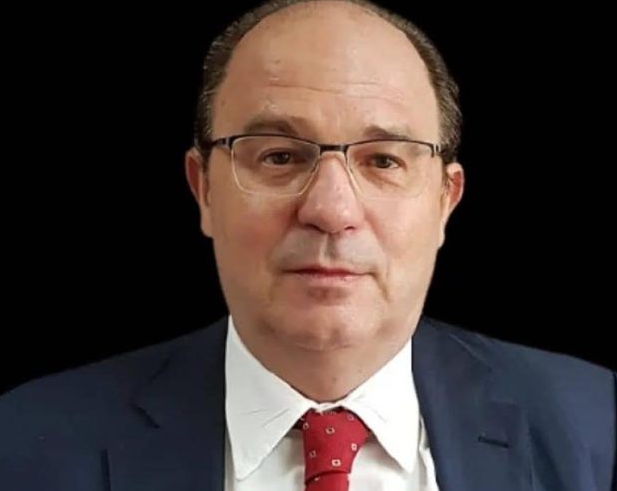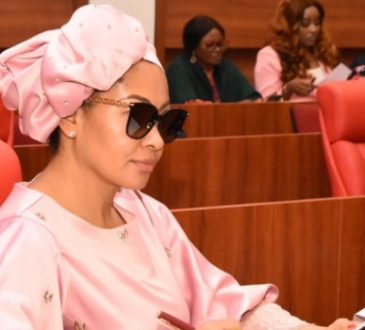
Some professionals at a webinar to commemorate the World Suicide Prevention Day, have called for repeal of the laws that criminalise attempted suicide in Nigeria, to reduce stigma associated with suit, increase reporting and acceptance to care.
The webinar, hosted by Coordinator of the Group, Prof. Taiwo Sheikh, had various stakeholders and members of the general public recently in Lagos.
The professionals said that individuals who attempt suicide need compassionate, evidence-based mental health support, not jail.
Speaking, Prof. Cheluchi Onyemelukwe, a Legal Practitioner and Founder of Centre for Health Ethics Law and Development (CHELD), gave an exposure to the legal perspective regarding criminalisation of attempted suicide in Nigeria,
Onyemelukwe said the existing laws in the criminal code and penal code state that a person who attempts suicide has committed an offence and was liable to one year imprisonment or a fine.
According to her, these laws have led to a gross under reporting of suicidal attempts and deaths.
She said that as part of the human right to health – health in its full dimension which includes mental health – persons who have attempted suicide should be supported and cared for, not punished.
“In order for this narrative to change, laws that criminalise suicide attempts should be repealed and replaced with laws that support human rights,” Onyemelukwe said.
On the religious, cultural and social perspective to suicide, Abubakar Muhammad, gave the view from the Islamic faith, Dr Tosin Adekeye, gave the view from the Christian faith and Dr Timothy Adigun gave the perspective from the traditional/cultural view.
The speakers highlighted that religion has a very important role in shaping the views of the people about suicide.
From the religious view, the speakers cited examples from the Holy Bible and Holy Quran that show that the struggle with suicidal ideation is not something foreign to us and how it more important to emphasise qualities of mercy and empathy which will go a long way in breaking stigma and shame.
Similarly, from the traditional/cultural view, the speaker cited some concepts that view suicide as an escape from dishonour, shame or loss of dignity, saying that these cultural nuances must be considered in tackling suicide in Nigeria.
A Suicide-Attempt Survivor, Mr Joseph Olasupo described the circumstances that led to his ideation for suicide and how he survived some suicidal attempts.
Olasupo, also the Director of Research and Development, Asido Foundation, said that the support and care he received after his survival helped him find purpose and drive, saying that now he lives a purposeful life.
Speaking on media guidelines for responsible reporting of suicide, Deborah Adenikinju, Founder of Mental Health Kafe, said that media plays an influential role in shaping societal views.
Adenikinju emphasised the need to use appropriate language and pictures in telling stories of deaths by suicide and or suicidal attempts, stressing the importance of sharing hope, resilience and survival in suicide reports.
On the roles professionals play in suicide prevention, three mental health experts; Prof. James Obindo, Mrs Titi Tade and Prof. Gboyega Abikoye, gave various ways of early detection of warning signs and the need for collaboration among mental health professionals to achieve the goal of suicide prevention.
According to the experts, the suicide rate is raising and the younger age group are more affected, recommending that decriminalising suicide and suicide attempts will enhance openness, increase reporting and acceptance of care, and reduce stigma and discrimination.
The webinar also featured a plenary session where professional panelists discuss strategies to decriminalise suicidal attempts, the framework of professional roles, key areas for implementation and need for commitment to collaborative support.






